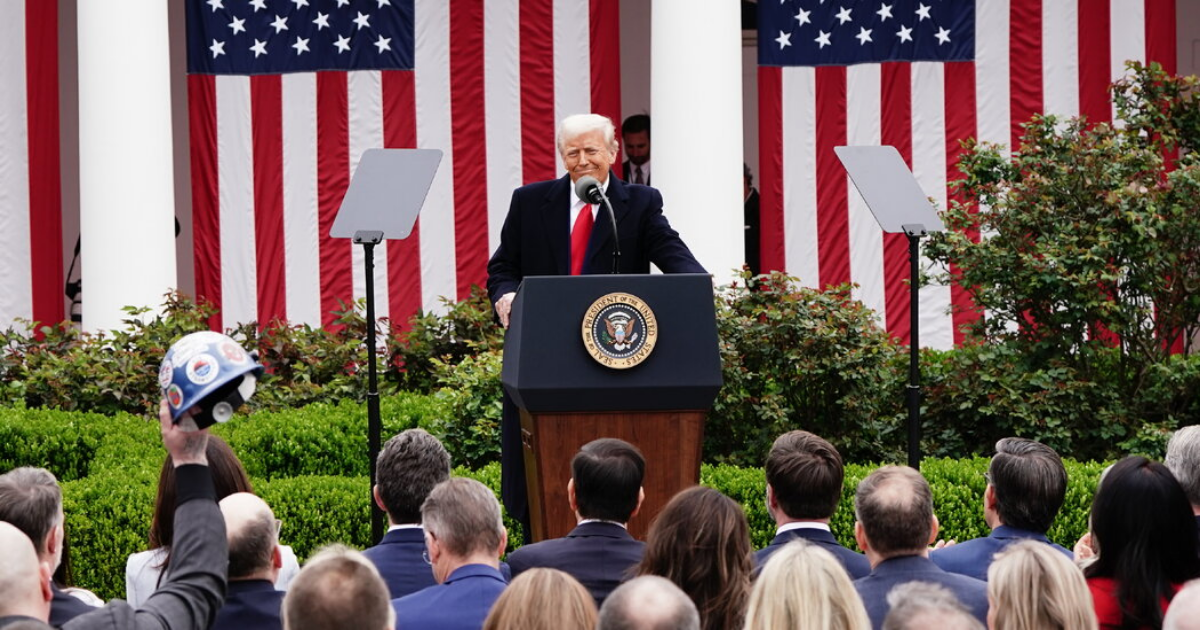In the run-up to Wednesday’s tariff announcement, companies large and small had been lobbying the Trump administration about a bevy of arcane issues.
The administration had invited companies to weigh in as it put together what President Trump had promised to be an overhaul of the global trading system. The hundreds of letters submitted from producers of uranium, shrimp, T-shirts and steel were both sprawling and specific in complaints. The issues the letters laid out included a wide range, from Brazil’s high tariffs on ethanol and pet food to India’s high levies on almonds and pecans to Japan’s longstanding barriers to American potatoes.
The reciprocal tariff plan has created a tricky calculus for many companies, which want to see trade barriers erased but fear ending up at the center of a trade war that could make them worse off. That is because Mr. Trump’s high-stakes approach could generate efforts by other countries to make deals with the United States and drop their own tariffs — or it could invite retaliation that ends up closing off foreign markets to American products.
Some American companies see an opportunity in Mr. Trump’s agenda. Many of the letters that companies submitted to the Office of the United States Trade Representative in recent weeks asked officials to fight for lower trade barriers on their behalf, highlighting the high levies, onerous inspections or other complications American exporters face in foreign markets.
But others appear hesitant to put themselves in the president’s cross hairs. Some industry representatives say privately that companies have been nervous that raising their hands for help could put them at the center of coming trade spats, disrupting the export markets they depend on and potentially making them a target for retaliation.
Publicly, many of America’s biggest exporters — like the trade groups that represent exporters of pork, soybeans and oil — tempered their filings with cautionary words about the harm that could come from disrupting export markets. Major business groups also continued to urge the administration to reduce trade barriers rather than raise them, and focus on striking new trade agreements that would open up foreign markets.

